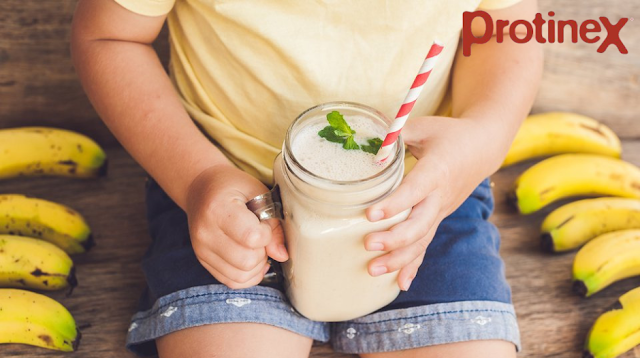6 Hidden Tips To Make Protein Rich Chocolate Drinks Healthier

Chocolate drinks have long been favored for their rich, creamy taste and feel-good properties. However, as we become more health-conscious, the demand for healthier alternatives that satisfy our chocolate cravings without compromising our well-being has soared. However, navigating the world of store-bought chocolate drinks can be tricky. Often, those tempting options are loaded with sugar and light on the actual good stuff. Fear not, chocoholics! This guide equips you to create delicious and healthy Protein Rich Chocolate drinks that fuel your body, not just your cravings. Unveiling the Hidden Sugars in Chocolate Drinks We've all been there – standing in the grocery aisle, enticed by the picture-perfect chocolate drink on the shelf. But have you ever stopped to check the sugar content? Manufacturers often add substantial amounts of sugar to enhance flavor, leading to a product that can have a detrimental impact on health when consumed regularly. Excessive sugar intake is linked t...








